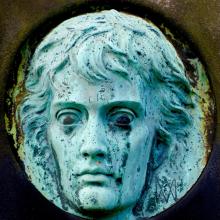
NEW TOWN GOTHIC
—By David Hill
If New Town streets, resplendently enigmatic in their hues and mysteries, are sometimes minded to reveal a little more of themselves, the familiar yet less discovered country of that most personal of local terrain – our own homes – can feel unyielding to our enquiries, even hostile to our aims.
The domestic landscape is, on occasion, unfathomably Delphic. If the puzzles of the road can for the most part be pieced together, our own private realms, in contrast, feel like Pythias of place, declining all but the most ambiguous of responses to supplicants.
Behind the elegant façade and solemnly declared loyalties to enlightenment and urbanity, the interior life of the New Town home owes deeper, truer, fealty to a murky Gothic overlord.
As the twilight concedes to night, the Georgian street is endowed with qualities unknown to daytime. Estrangement, too, lies behind sash windows: the friendly familiar reduced to distant associate, the home that makes arrangements to which you are not party.
Daytime's order and harmony is a chimera: truth, and perhaps wisdom, is found in the Otherness of the night.
Like a map overlaid with invisible ink whose secret contours are only divulged by the light and heat of a candle, the shuttered residence reveals connections and motivations in low light. The occluded expressions and danses macabres of the street find their analogue in the home discreetly reworked under cover of darkness.
To experience the New Town night is to be encouraged to consider the liminal quality of allegedly private property: gloomy walls porous with possibility, whispered conversations with someone or something Outside, the owl on the bough beyond, waiting.
Reflect upon the Moon's cool scrutiny of a disinterred chaise longue, upon arachnoid shadows that signify the shift of familiar territory into something alien. Think of the kitchen that hums with the absolute certainty of its own existence, of the endless dark alley of your chill flagstoned hallway.
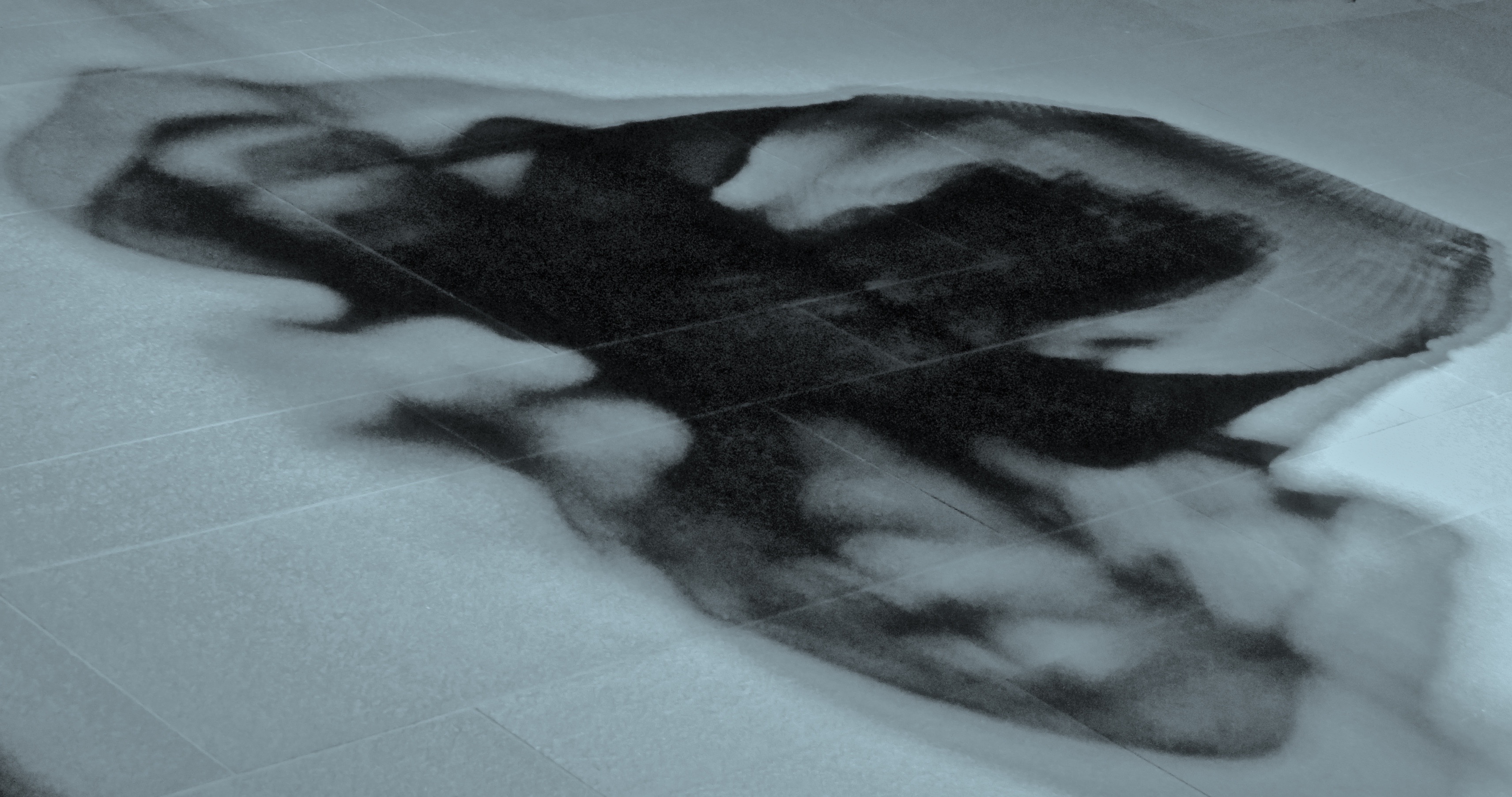
Consider, as I have, the unwelcome music of the Godless Georgian nocturne.
Consider how, as I lay in bed upon a midnight dreary, there came, rather like in the Poe poem, a gentle rapping at my New Town chamber door. I say midnight, but it was just after a quarter to one, in time for the late evening Shipping Forecast before closedown.
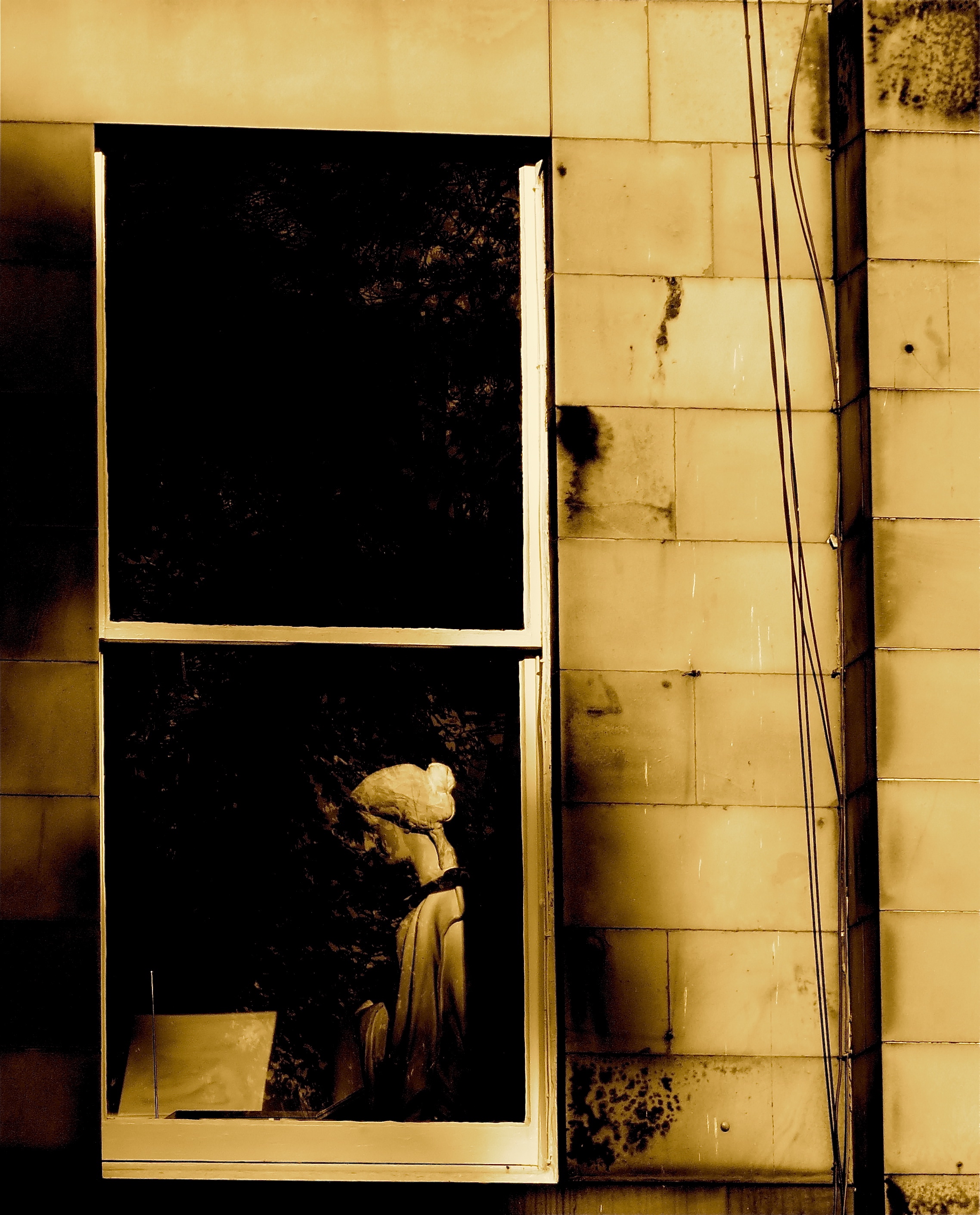
Tap, tap, tap.
Three unmistakeable knocks on the door. My bedroom door. Nothing more.
The same scenario the following night. And the next. This staccato interjection, whatever it was, washed into my thoughts. Would varying my usual routine affect matters? Seemingly not. A rat-tat-tat when the door was ajar, a rat-tat-tat if shut. I retired earlier. Something gave the impression it knew.
It repeated nightly, this spectral Greenwich Time Signal, for about two months, then abruptly stopped. We were surprised and somewhat bemused by a short-lived festive encore six months later. Early into New Year 2013, it ceased, seemingly for good.
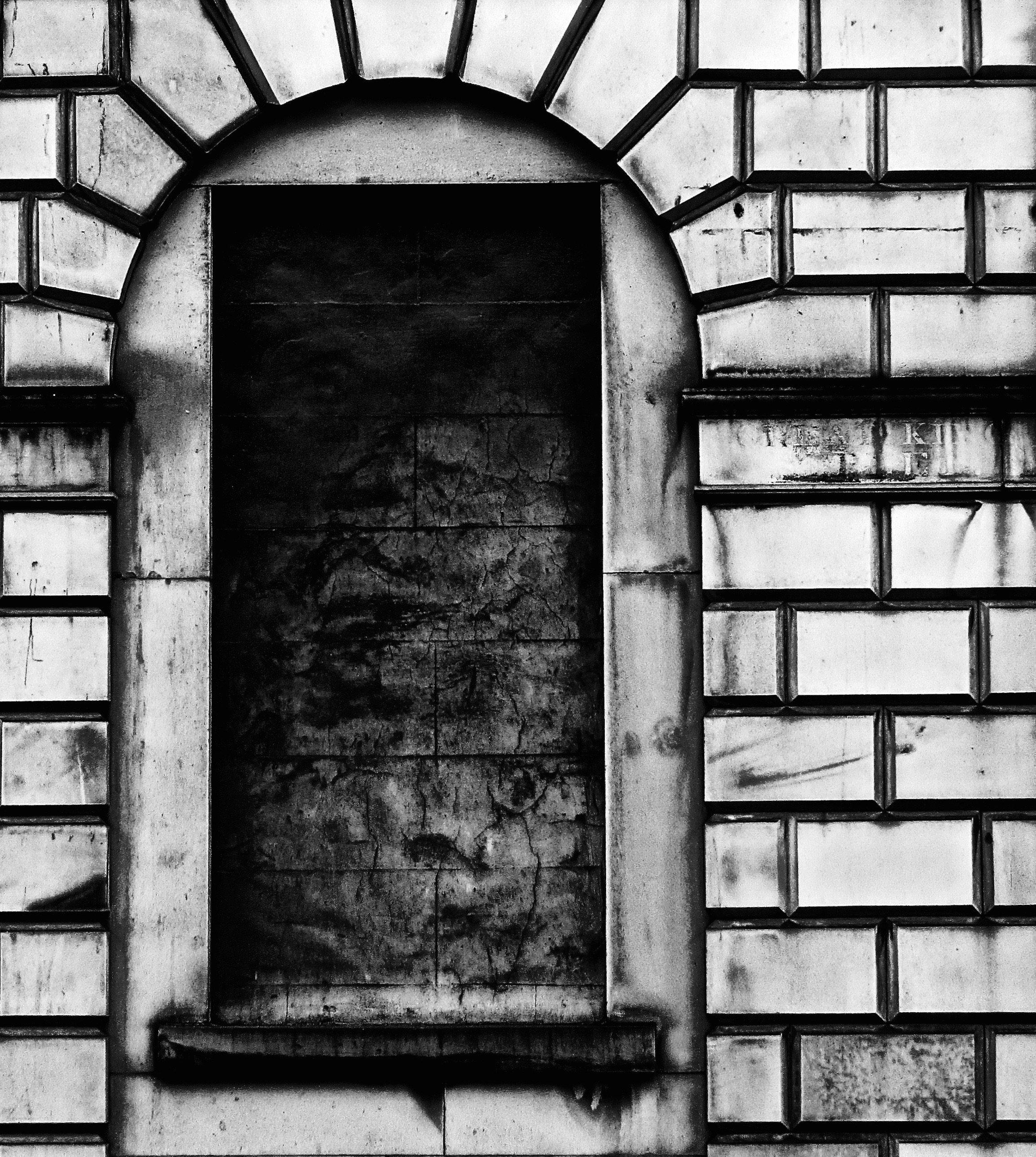
I was given an interesting account of the disturbance by a shamanic acquaintance: the tap-tap-tapper was a young boy, or perhaps former boy, still attached in a somewhat playful way to his erstwhile home.
Did I believe this to be plausible? Well, not entirely. Yet, it was an explanation I liked: a benevolent presence less than eager to leave behind the fanlights and other rare delights of its New Town domain.
Why not?
Not long afterwards, we moved home. The bust of Pallas stayed behind, affixed to its spot above the chamber door.
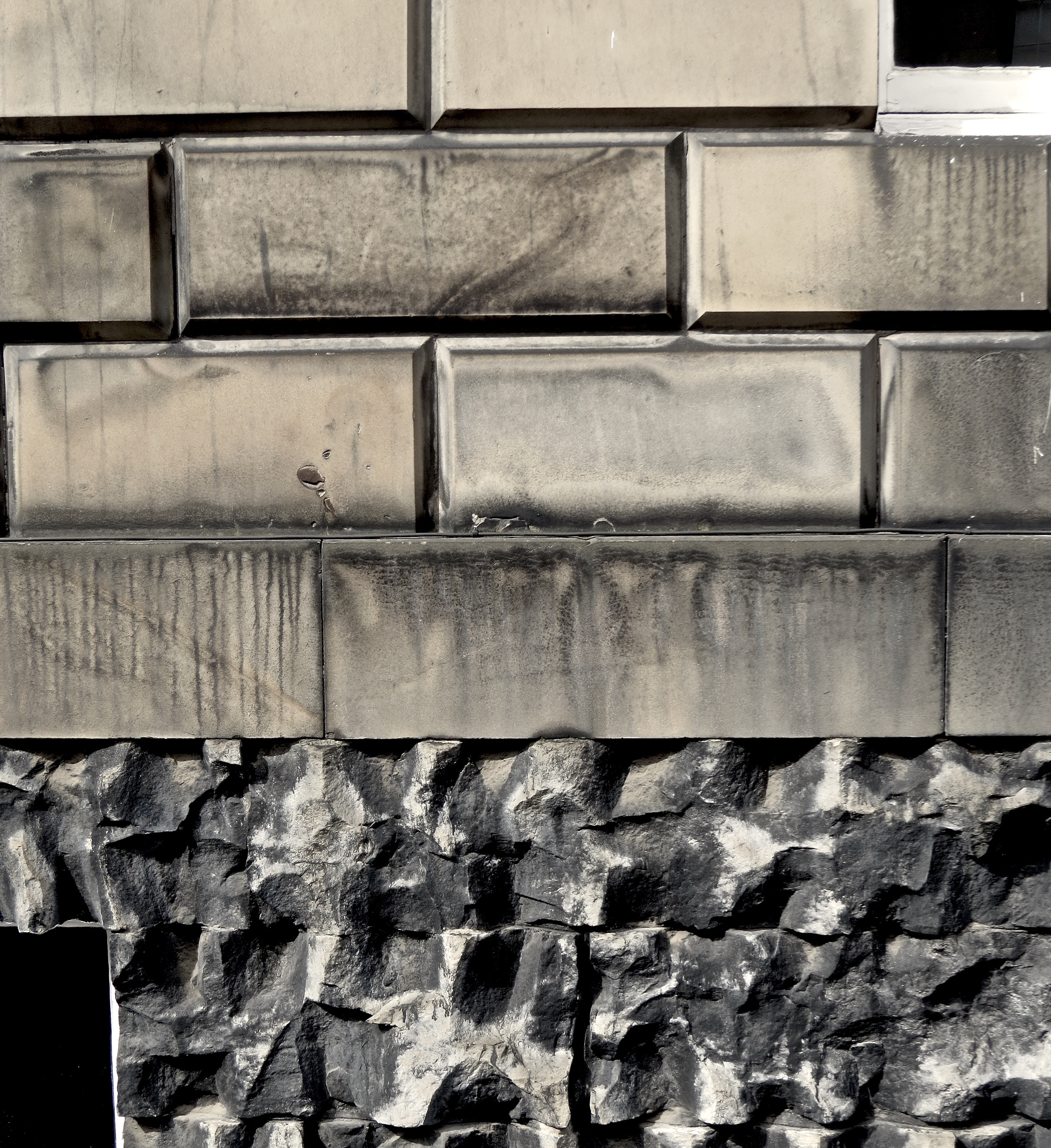
------------------
I'm in love with the @theSpurtle's Psychogeographies series, and I don't care who knows it. http://www.broughtonspurtle.org.uk/news/psychogeographies-9 …
